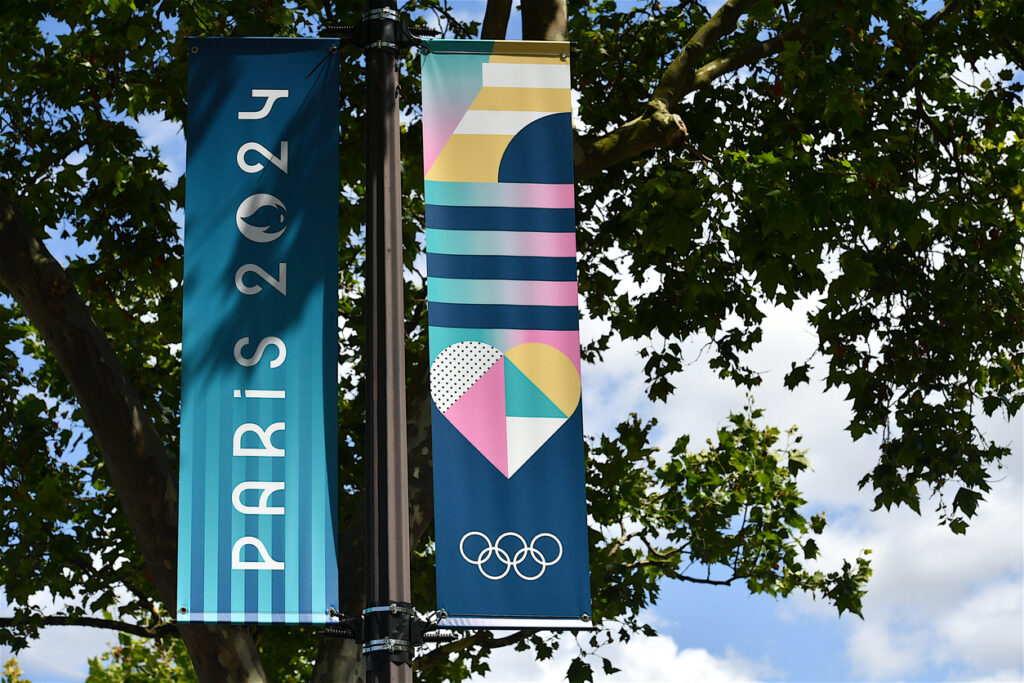On the other hand, the International Olympic Committee (IOC) is obliged to protect the interests of the official sponsors of the Games, who pay considerable sums and would not accept competing brands being able to advertise in the same way as them.
Until the 2012 Olympic Games in London, unauthorised companies were fully banned from using athletes’ images for advertising purposes during the Olympics. However, athletes protested, among other reasons due to the fact that revenues from advertising during the Olympics is a very important source of income for them, especially in sports less covered by the media. In light of this, the IOC has relaxed this ban and now allows advertising with athletes by brands that are not authorised sponsors with certain limits and restrictions that normally apply during the “frozen period” (nine days before the opening ceremony until three days after the closing ceremony).

The possibility of advertising with athletes is regulated by Rule 40 of the Olympic Charter, which “as a basic instrument of a constitutional nature, sets forth and recalls the Fundamental Principles and essential values of Olympism.” According to this rule, unauthorised brands may feature participating athletes in their advertisements but must do so in a generalised way, without using words, images, emblems, etc. related to the Olympic Games. Among other restrictions, they are also prohibited from congratulating the athletes on their achievements at the Olympic Games. These restrictions apply both to traditional advertising and to activities on social networks. The IOC, which establishes the criteria, not only restricts the use of words and images of the Olympics, but also of the cities, stadiums, etc. in which the competitions take place. This approach of the IOC raises doubts about the legality of such bans.
Apart from the economic aspects, Rule 40 also regulates athletes’ freedom of expression, which has been significantly expanded in recent years. Paragraph 2 now explicitly guarantees the freedom of expression of athletes and their team members during the Olympics as long as such expressions are in line with the Olympic values. This is undoubtedly an important and positive development of the Olympic Charter.
